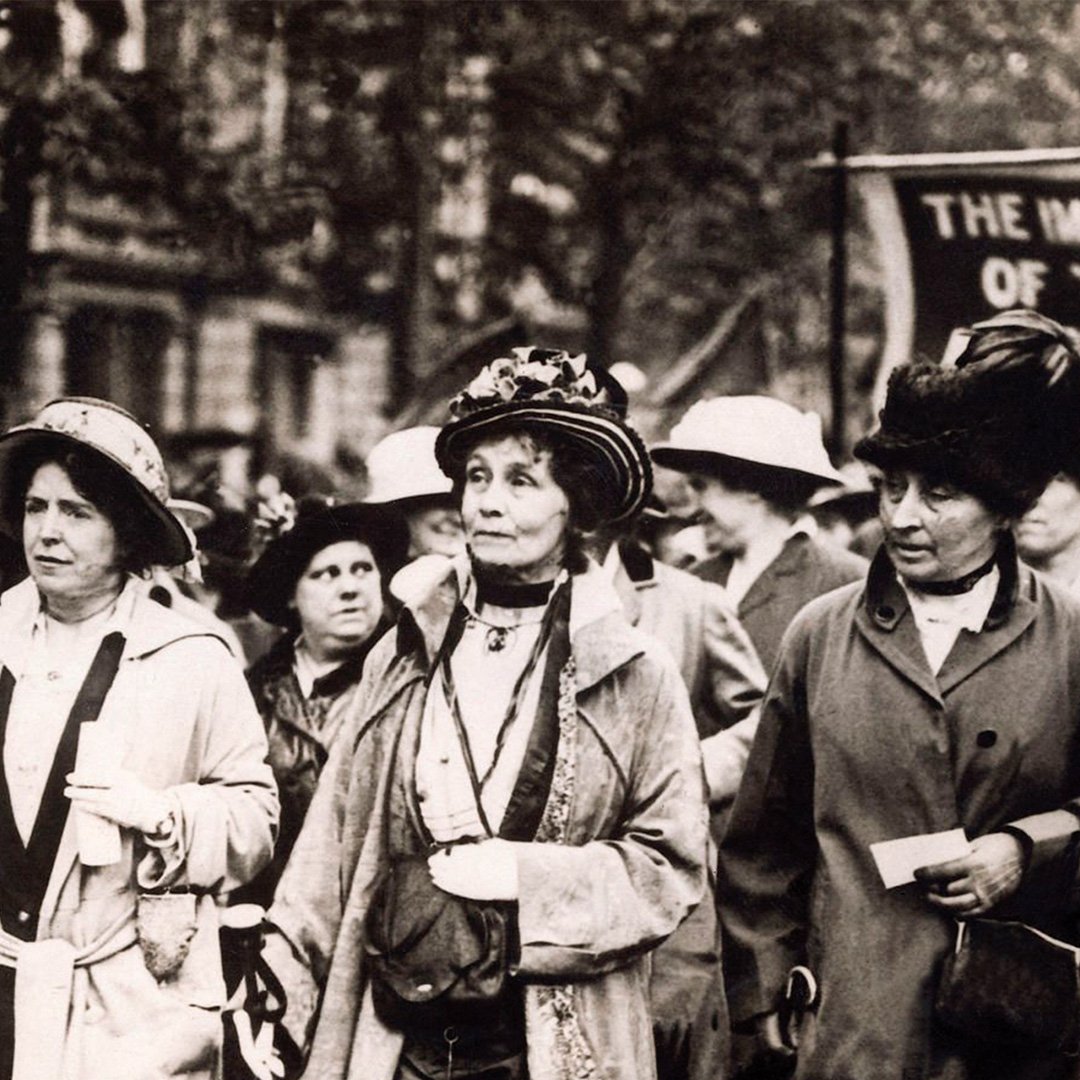
It was
March the 8th in 1857 when the women workers of a textile factory in the United
States of America came together in protest. They were demanding dignity, six
hours less work and equal pay with men. They ended up locked inside the factory
and burned to death. That day cost the lives of 143 people and, 118 years
later, it was officially transformed into International Women’s Day. In fact,
the decades that encompass the fight for gender equality are long and, in
between, the world has known figures who have marked the evolution of history:
from those who put aviation in high heels to those who revolutionised science,
art, fashion and politics. So many, in different ways, with different impacts.
Today we’re talking about three of them.
The 19th century gave us Emmeline Pankhurst, one of the founders of the British women’s suffragette movement. She was born in Manchester and married a lawyer who later supported her in her early days of political action. In 1903 she founded the Women’s Social and Political Union, a movement that ended up defending not only women’s right to vote, but also more controversial issues (for the time) such as divorce and inheritance. She was imprisoned seven times until women’s suffrage was consolidated and by the year of her death, she had achieved most of her goals. Emmeline created a standard of society that, until that point, had not seemed possible, showing the world a new idea of what it meant to be a woman.
Women who have marked the evolution of time
The 19th century gave us Emmeline Pankhurst, one of the founders of the British women’s suffragette movement. She was born in Manchester and married a lawyer who later supported her in her early days of political action. In 1903 she founded the Women’s Social and Political Union, a movement that ended up defending not only women’s right to vote, but also more controversial issues (for the time) such as divorce and inheritance. She was imprisoned seven times until women’s suffrage was consolidated and by the year of her death, she had achieved most of her goals. Emmeline created a standard of society that, until that point, had not seemed possible, showing the world a new idea of what it meant to be a woman.
Women who have marked the evolution of time














